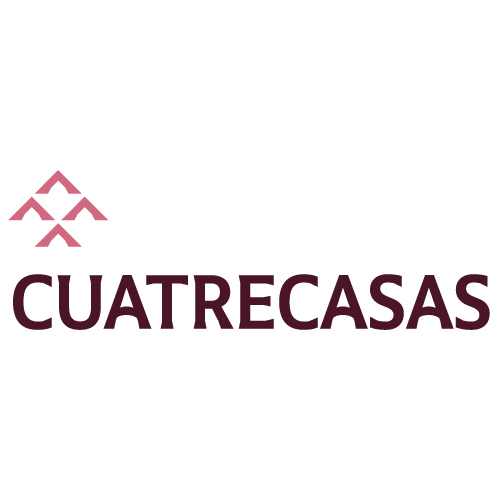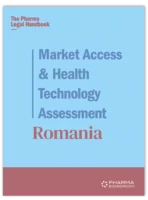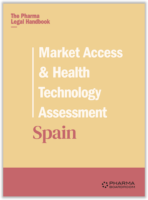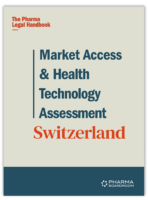Managed Entry Agreements
Cuatrecasas / Portugal
Join industry executives in staying informed on the market access and HTA process in Portugal.
1. Are there any Managed entry agreements in place in your country? (If so, please list them)
Yes. Infarmed can choose to enter into managed entry agreements (MEA) with marketing authorization holders to regulate the risk of expenditure on innovative medicinal products without concrete evidence of clinical benefit. There are no official public listings of the managed entry agreements currently in place.
1.1. For each Individual Managed entry Agreement, describe the fundamentals of the Managed entry Agreement, its rationale and the process for implementing it.
The rationale behind entering into MEAs is to try to reduce the risks associated with the uncertainty of the introduction of new medicinal products (or approved therapeutic indications) in the NHS, and ultimately ensuring patient access to innovative therapies without compromising the sustainability of the NHS. MEAs can facilitate reimbursement decisions of certain medicinal products with little evidence of clinical benefit, which are often delayed due to the lack of information on the effectiveness of the medicinal product, by implementing satisfactory risk sharing solutions.
Infarmed celebrates financially based MEAs (like price-volume agreement, where marketing authorization holders must reimburse the NHS if expenditure with the medicinal product exceeds a previously agreed upon cap), performance-based MEAs (like coverage with evidence development agreements, where the reimbursement conditions may be re-evaluated if certain outcomes are achieved), or a combination of both types of MEAs. There is also the possibility of creating patient access schemes (PAPs), for medicinal products with or without an approved marketing authorization, under which pharmaceutical companies ensure access to the medicinal product for free for a limited time period.
2. When should this Managed Entry Agreement be considered?
In cases of medicinal products which do not have a recognized clinical benefit, to allow the use and patient access to innovative medicinal products. Patient access schemes are also created to enable access to medicinal products which do not even have an approved marketing authorization, when no other satisfactory therapeutic alternatives have been authorized in order to treat, prevent or diagnose rare or serious/extremely debilitating diseases. They can also be considered to enable access for a specific patient in cases where the marketing authorization of the medicinal product has been approved, but the negotiation of the reimbursement conditions has not been finalized.
In Portugal, MEAs have been used in cases of innovative therapeutic indications for medicinal products with multiple indications and in innovative combinations of medicinal products, where the effectiveness of the medicinal product is unknown or uncertain, mostly in the oncology area and in relation to Hepatitis C.
3. Which are the specific requirements to implement the Managed Entry Agreement.
There is no legal regime that regulates MEAs in general, it only being foreseen in Decree-Law no. 97/2015, of June 1 that Infarmed and the marketing authorization holders may include risk sharing mechanisms when negotiating the reimbursement conditions of medicinal products. This is carried out on a case-by-case basis.
For patient access schemes, Deliberation no. 80/CD/2017, of October 24 of Infarmed, as amended lays out the requirements to create the so-called early access programmes. Without prejudice of other formal/technical requirements, for medicinal products without an approved marketing authorization, the applicant must demonstrate the efficacy and safety of use of the medicinal product based on the results of previous clinical trials. As for medicinal products with an approved marketing authorization but without a reimbursement decision, there cannot have been a decision rejecting the reimbursement procedure, and the applicant must present the justification for the use of the medicinal product under the early access program.
4. What is the potential impact on the product uptake?
As noted above, MEAs have the potential to accelerate the approval of reimbursement conditions for certain medicinal products with little evidence on their effectiveness and clinical benefits, and thereby facilitate patient access to innovative therapies. Thus, it is a natural consequence that product uptake increases as new treatment options are made available to patients.
5. What are the potential challenges associated with this Managed Entry Agreement?
There are many challenges related to the implementation of MEAs, and they vary depending on their nature and the scheme they are based upon.
One of the main challenges, specifically in outcome based MEAs, is the monitoring of the execution of the agreements. These agreements are typically dependent upon the collection and exchange of information, which means that the parties are required to collaborate and make information available to each other by reporting on the use of medicinal products. Requiring compliance with reporting obligations may prove to be difficult.
Parallel to this, data protection concerns may be raised because MEAs depend on the exchange of sensitive patient data between healthcare establishments, pharmaceutical companies and the regulatory authorities.
Another significant issue that may be raised is the difficulty in agreeing upon performance indicators to determine when the medicinal product is proving to be effective, to which is then later added the challenge of evaluating and determining whether said performance indicators have or have not been met.
In addition to the above, the fact that there are no well-established standards or good practices, nor any defined legal/regulatory requirements, for the celebration of MEAs determines that there is little cohesiveness, stability and recognized reputability in the use of these solutions.
Lastly, and in a more general note, the fact that there is a lack of official information published on MEAs by the competent regulatory authorities hinders the development of these solutions.



































































